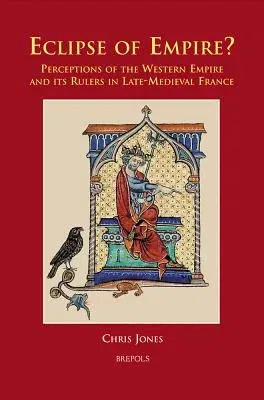Through an innovative and wide-ranging exploration this book examines
the reality behind the assumption that the idea of a universal ruler
became increasingly irrelevant in late-medieval Europe. Focusing on
France in the century before the outbreak of the Hundred Years War, it
explores attitudes towards the contemporary institution of the western
Empire, its rulers, and its place in the world. Historians have tended
to assume that there was little place for a universal Empire and its
would-be rulers in late-medieval thought. Pointing to the rapid decline
in the fortunes of the Empire after the death of the Emperor Frederick
II, the rediscovery of Aristotle's Politics by western Europeans, and
the growing confidence - and burgeoning bureaucracy - of the kings of
France and England, it is often argued that the claims to universal
domination of men like the Emperor Henry VII, or indeed of popes like
Boniface VIII, were becoming increasingly anachronistic, not to say a
little ridiculous. Perceptions of the Empire undoubtedly changed in this
period. Yet, whether it was in the cloisters of Saint-Denis, the
pamphlets of Pierre Dubois, or even the thought of Charles d'Anjou, the
first Angevin king of Sicily, this book argues that the Empire and its
ruler still had an important, indeed unique, role to play in a properly
ordered Christian society. Chris Jones grew up in the Middle East before
reading history at Durham. He now lives in New Zealand where he holds a
lectureship in History at the University of Canterbury, Christchurch.

